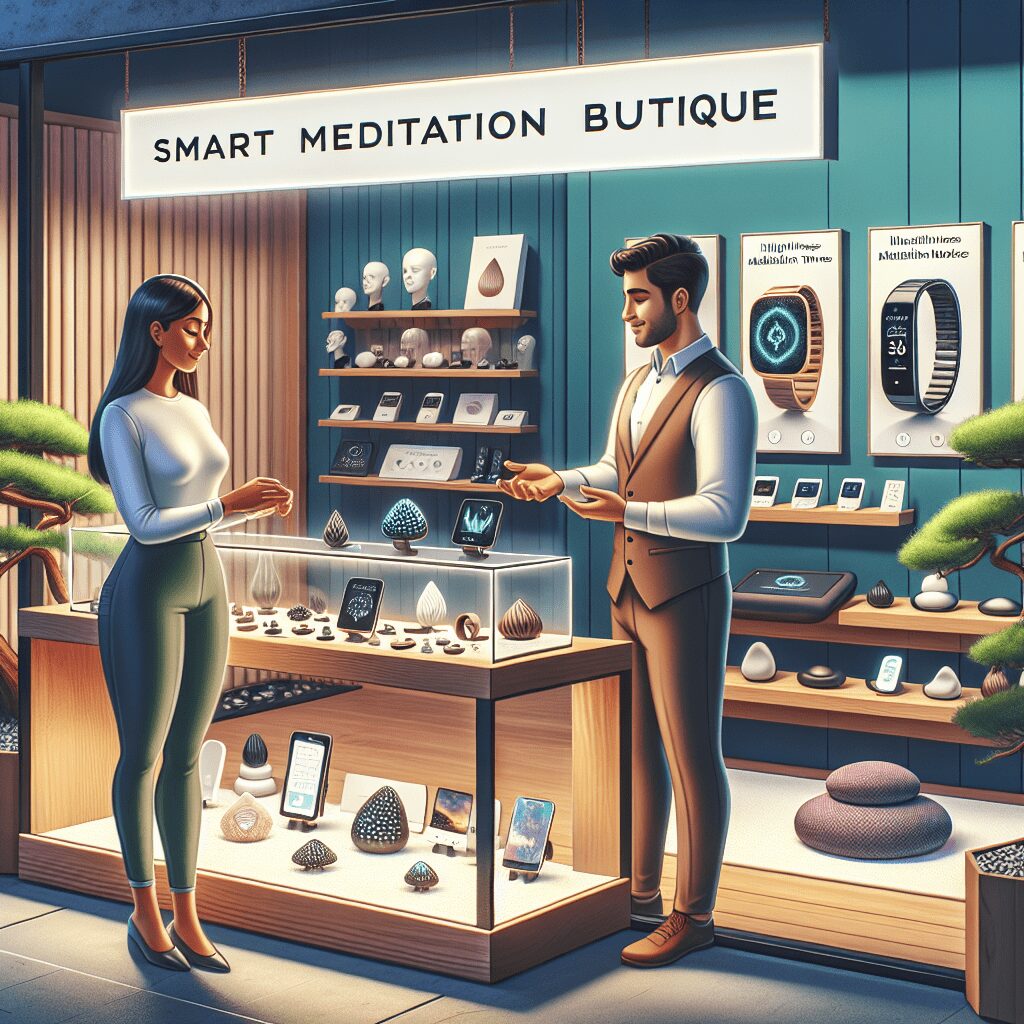
Prioritize your mental well-being daily. Enhance your life by nurturing your mental health with the Smart Meditation app. Break free from stress, alleviate anxiety, and enhance your sleep quality starting today.
How Addictive Are Antidepressants?
Navigating the Maze of Antidepressant Addiction
The question of addiction to antidepressants is a complex web to untangle. With the rise in mental health awareness, antidepressants have become as common as a morning cup of joe in some circles. But, does popping these pills carry the risk of addiction, leading one down a rabbit hole with no return ticket? Well, strap in, as we’re about to dive deep into this conundrum.
The Myth-Busting Truth About Antidepressants
First off, it’s crucial to slice through the confusion: antidepressants, contrary to popular belief, are not like your typical addictive substances. They don’t give you a ‘high’ or lead to cravings as narcotics do. Instead, they work overtime to balance chemicals in the brain, which can be out of whack due to depression or anxiety. However, that doesn’t mean it’s all rainbows and butterflies. While not addictive in the traditional sense, stopping them on a dime can catapult your body into a whirlwind of withdrawal symptoms. These can range from flu-like symptoms, insomnia, nausea, to exacerbation of your original symptoms. Talk about being between a rock and a hard place, huh?
Let’s Talk Terminology: Dependence vs. Addiction
It’s time to get our terms straight – there’s a colossal difference between dependence and addiction. Dependence on antidepressants can develop, meaning your body has adapted to the presence of the drug, and halting it abruptly might send your system into protest mode. Meanwhile, addiction is a whole other ball game, characterized by a compulsive need to use a substance for its euphoric effects, often leading to destructive behavior. Most antidepressants don’t cause this craving; thus, they’re not deemed addictive in the sense society typically understands.
Nevertheless, it’s paramount to mention that some medications used for the treatment of depression, notably those with sedative effects (hello, benzodiazepines), do carry a higher risk of addiction. Rule of thumb? Always consult with your healthcare provider before playing musical chairs with your meds.
Safeguarding Your Mental Health: Tips for Responsible Antidepressant Use
Listen up, folks! If you or your loved ones are navigating the stormy seas of antidepressant treatment, here are a few golden nuggets of advice to cling onto:
-
Open Communication: Keep the lines of communication with your doc as open as a 24/7 diner. Feeling off? Ring them up.
-
Tailored Treatment: Remember, one size doesn’t fit all. What works for Jane might not for John.
-
Steer Clear of DIY: Reading an inspiring story online about going off meds is no signal for you to do the same. Your journey is unique.
-
Gradual Goodbyes: If it’s time to part ways with your antidepressants, your healthcare provider will likely recommend a slow and steady approach. Patience is a virtue, especially when it comes to brain chemistry.
-
Holistic Approach: Combining medication with therapy, proper diet, exercise, and stress management could make your transition smoother than a silk sheet.
In the grand canvas of mental health treatment, antidepressants are neither heroes nor villains. While they’re not “addictive” in the layman’s sense, their discontinuation can be a tricky terrain to navigate. The key lies in understanding the nuances, maintaining open dialogue with healthcare professionals, and approaching the journey with cautious optimism. Remember, in the intricate dance of mental health, knowledge and awareness are your best moves.




